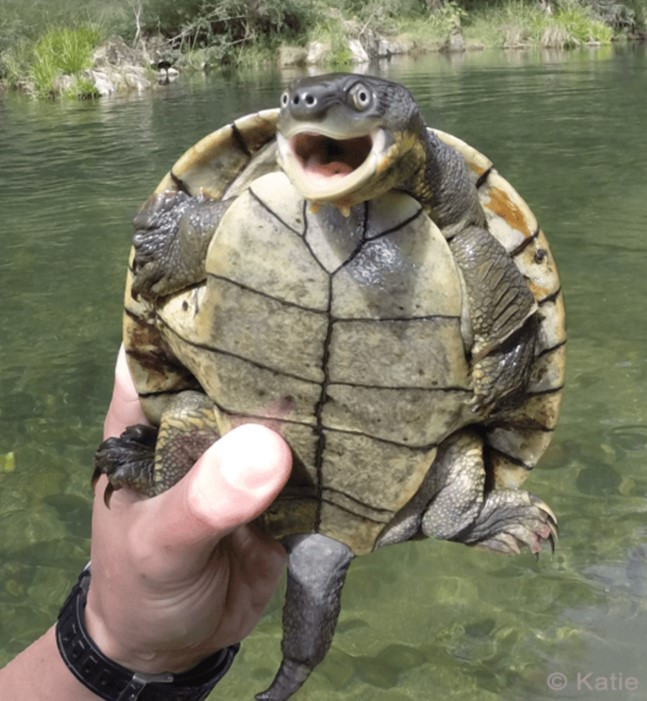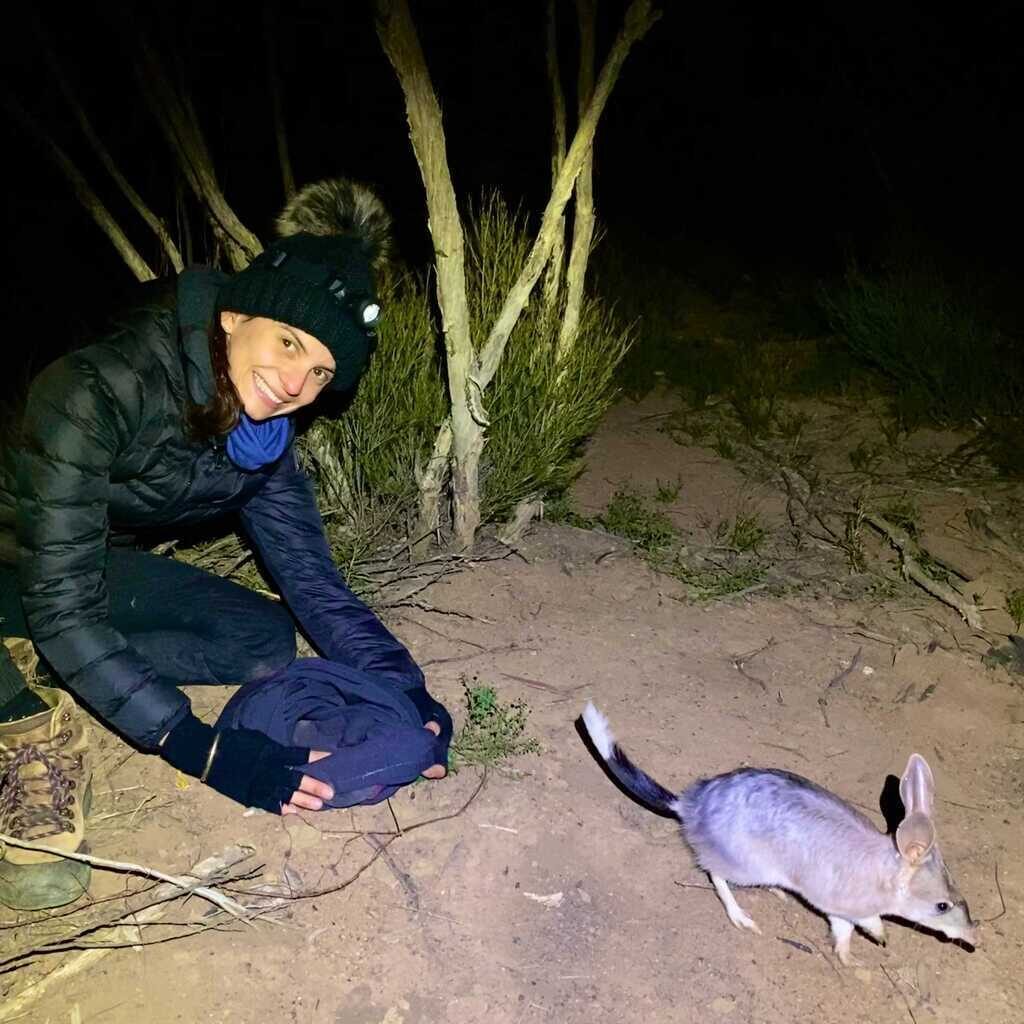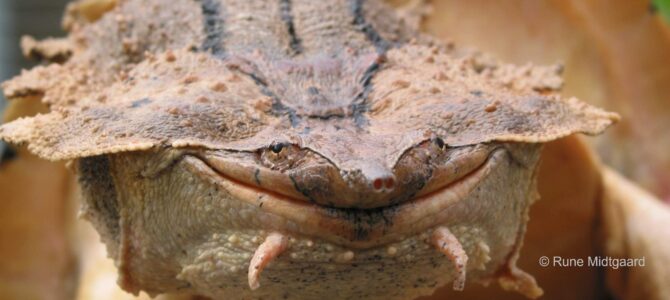by Holly Nelson (PhD Student)
So, you probably think Tasmanian Devils are adorable and Koalas are super cute. Well, let me tell you about turtles and four quick reasons why they’re awesome.

1. Free rent: Imagine having a portable, self-contained home acquired at birth, the Sydney housing market would be the least of your worries. Unlike hermit crabs, the shells of these little keratin caravans are an extension of their spine and are the equivalent of a ribcage.
2. Solar panel: A turtle’s shell is more than its home. Not only is it a protective barrier against predators, turtles also use it to synthesise vitamin D from UV light which is needed for bone and shell growth. Not only this, turtles have nerve receptors in their shells, making them suckers for butt scratches.
3. Mixed signals: If you’ve ever seen a turtle slapping another turtle, one word, foreplay. Yes, turtles slap each other’s faces to convey affection and to attract a mate. A male turtle will slap a females face multiple times to make it clear he digs her. No mixed signals in the turtle world.
4. Realer than Jurassic World: Who needs CGI when you have real life dinosaurs still roaming the earth? These little guys date back over 220 million years to the time of the dinosaurs – woah! So don’t waste your time watching the new Jurassic world movie (wasn’t that good anyway), enjoy some turtle videos instead.
Although there’s a never-ending list of intriguing facts about turtles, hopefully one of these points has made you appreciate these underrated little critters a bit more.
Author

Holly Nelson (PhD Student) is working on how we can use genomics to revolutionise threatened species management. From genome assembly to downstream analyses using whole-genome data, Holly is using her work to answer genetic questions on the Bellinger River Snapping Turtle, Koala, and other threatened species. Her work, in partnership with the NSW Governments Saving Our Species program, aims to create more robust conservation strategies that can be developed and applied together with wildlife managers.
